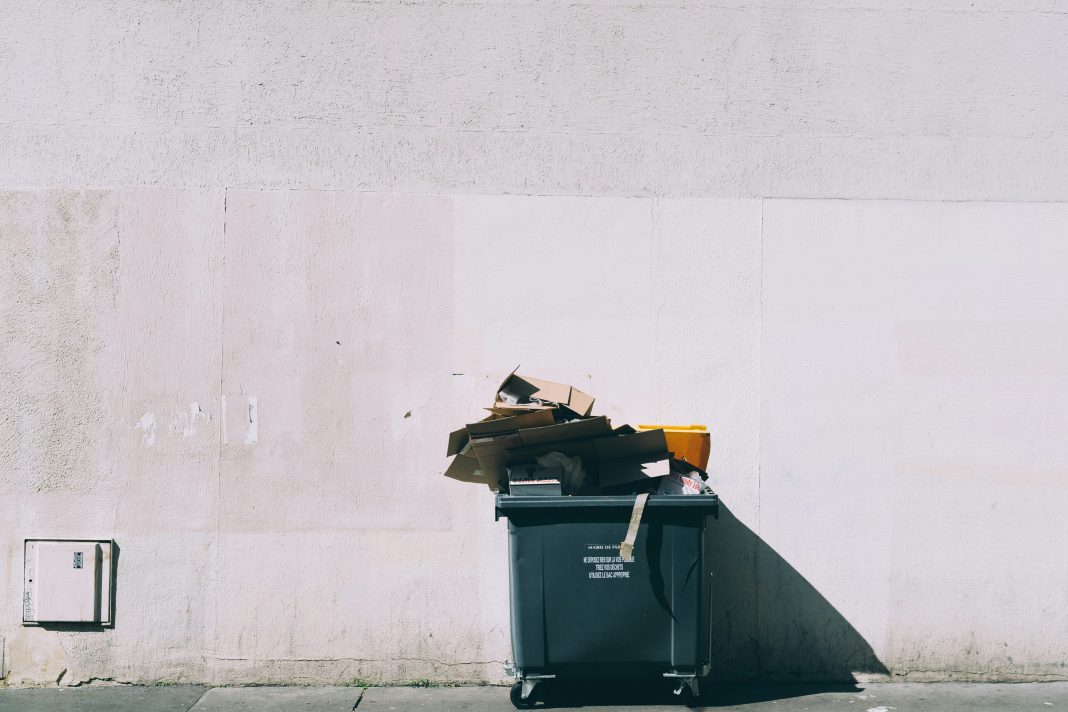The EU has promised to cut food waste by as much as 30% by 2030, and while this is a promising step, legislation alone won’t get us there. The real challenge? Waste is still being seen as rubbish, a liability rather than a resource.
We throw away 59.2 million tons of food every year across the continent. That’s the equivalent of €132 billion in economic losses, alongside wasted land, water and energy used to produce that food. In addition to the economic consequences, food waste also has environmental, and health consequences because of the significant methane emissions generated during decomposition.
While overhauls in agriculture, manufacturing and consumption patterns will take time, private sector innovations can support in turning waste into a resource, closing the gap as we work towards establishing a truly circular economy.
Europe must rethink its ‘take, make, dispose’ mindset, otherwise we risk locking ourselves into wasted potential, higher costs, higher emissions and huge pressure on our economy and daily lives.
This is where business has a real chance to step up, even get ahead of, and complement regulation. The private sector is often called out for their role in reforming food waste systems, but they are the best positioned to show what is possible.
Implementing circularity is the first step. And by circularity, I mean reusing everything they possibly can – especially what’s considered “waste”.
It’s time more businesses broke out of the linear business model and prove that circularity isn’t just good practice; it’s crucial for their competitiveness and bottom line.
Circularity is a business opportunity
Let’s be clear: circular supply chains are all about staying competitive. Global estimates suggest that embracing a true circular economy could generate $4.5 trillion in growth by 2030. By reusing resources, reducing extraction and cutting energy costs, businesses can strengthen supply chain resilience and unlock new revenue streams.
For example, converting food waste into bioplastics or organic animal residues into bioenergy reduces reliance on valuable natural resources. Repurposing surplus ingredients into new products creates additional revenue lines, and using recovered energy from organic waste can lower operational costs. These approaches not only protect companies against market volatility but also drive scalable innovations that align with Europe’s long-term ambitions.
Relying on outdated systems won’t deliver true circularity. We need new business models and technologies that redesign waste from the outset – not just try to manage it after the fact. These technologies can help bridge the gap.
Yet despite 55% of large businesses claiming circularity commitments, most still struggle to embed them across operations – a symptom of the persistent “linear mindset.”
But there is no denying that there are businesses out there already proving what’s possible by turning waste into value.
To shed some light: surplus bread has been turned into beer by Toast Brewing in the UK and Breer in Hong Kong are doing something similar with discarded loaves. Italian company Orange Fiber transforms citrus peels into textiles sold to luxury fashion houses, Kaffeeform turns used coffee grounds into durable cups, trays, and furniture. Nangli Dairy in India has launched a large-scale biogas plant that converts cow dung into compressed natural gas and compost.
This entrepreneurship – spanning food and beverage, fashion and energy – shows that what was once dismissed as waste is in fact a powerful resource, capable of fueling entire industries and redefining competitiveness through innovation.
The cost of inaction
If Europe fails to fully embrace efficient technologies that support circularity, it will lose more than resources – it will also lose its competitive edge.
Circular models aren’t a-nice-to-have – they’re becoming a baseline expectation. Investors and consumers are demanding them, and reporting requirements are increasingly mandating them. The future market is one where waste is designed from the start, and the businesses that act now will be the ones defining it.
Europe cannot legislate its way out of waste. It must empower businesses and innovators to treat circularity as a core strategy. Those that act early will gain market share, reduce costs and strengthen resilience against supply chain shockwaves.
Europe can’t afford to waste this opportunity
Food waste persists, resources are tightening and emissions are climbing. The private sector has both the responsibility and the tools to turn this tide – using innovation to turn waste into value and unlock a trillion-dollar market.
Waste is not a liability; it is the raw material of the future. Every ton left unused is a missed business opportunity.
By Jack (Tato) Bigio – Co-Founder and Chief Growth and Sustainability Officer, UBQ Materials







































